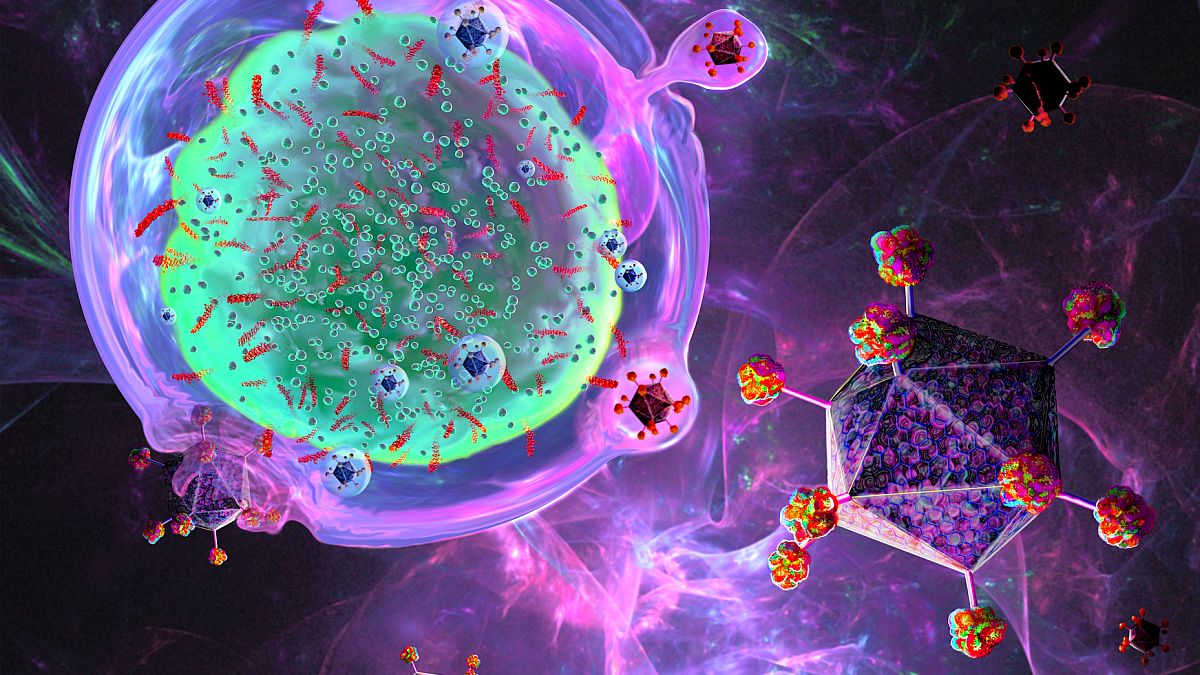Multiple myeloma (MM), a malignancy of plasma cells, is a disease that has seen significant improvement in the past decade with the introduction of various novel therapies. However, MM remains incurable for many patients, and researchers continue to investigate new therapeutic options, including chimeric antigen receptor (CAR) T-cell therapy. CAR T-cell therapy is an immunotherapy with unprecedented results in B-cell malignancies, with treatments currently approved for use in acute lymphoblastic leukemia, mantle cell lymphoma, and diffuse large B-cell lymphoma. In a recent Blood Cancer Journal publication, Dr Phaik Ju Teoh and Dr Wee Joo Chng provided an overview of CAR T-cell research in MM.
The predominant CAR target in MM is the B-cell maturation antigen (BCMA), due to its preferential expression on plasma cells but not on hematopoietic stem cells. BCMA is universally present in all MM cells. At the forefront of this therapeutic approach is bb2121 (bluebird bio), which was granted Breakthrough Therapy designation by the US Food and Drug Administration and Priority Medicines designation by the European Medicines Agency in 2017. Another anti-BCMA CAR T-cell product is JNJ-4528, which has also shown impressive response rates in clinical trials. While these and other agents have demonstrated promising results, challenges with therapeutic resistance and toxicity remain. Therefore, other non-BCMA CAR targets are also being explored, including signaling lymphocytic activation molecule F7, CD38, CD19, transmembrane activator and CAML interactor, and CD138. Technological advances in manufacturing may also help overcome some of the challenges with these therapies. Areas of research include targeting double epitopes of BCMA, dual/multiantigen targeting, and modifying CARs to contain an inhibitory/suicide gene that can switch off T-cell signaling to avert ensuing toxicity.
The authors suggest that one path for future research should focus on circumventing the underlying resistance mechanisms to CAR T-cell therapy in MM. They stress the importance of discerning the BCMA threshold responsible for efficient CAR T-cell recognition and point out that investigations into BCMA CAR T therapy in combination with approved antimyeloma agents are limited. Dr Phaik Ju Teoh and Dr Wee Joo Chng suggest that CAR T-cell therapies may potentially be effective earlier in the course of MM in some patients. They also propose the acquisition of T cells from healthy donors, to help address the problem of insufficient and inferior CAR T cells. CAR natural killer therapy in MM and a genome-wide screening process using clustered regularly interspaced short palindromic repeats-Cas9 technology may allow for diversification of MM cell therapy. These and other technologies may prove to be a critical step in the pathway to effective CAR T-cell therapies for treatment of MM.
High level
The anticipated approval of bb2121 for treatment of MM represents a paradigm shift toward novel therapeutic approaches. The expansion of CAR T-cell therapies into other disease states is also gaining momentum. As use of CAR T-cell therapies increases, health systems and institutions will need to enhance their capabilities to be able to manage the logistics associated with administering these therapies to their patients. Likewise, in order for these therapies to help more patients, manufacturers must find ways to improve logistics as well and expedite manufacturing time.
Ground level
CAR T-cell therapies are gaining momentum in the treatment of hematologic malignancies. The anticipated approval of bb2121 later this year represents new hope and a reason for optimism for patients with relapsed/refractory MM. With CAR T-cell therapy showing encouraging results in MM, these therapies are likely to change the course of MM in the future. Community oncologists should become familiar with this therapeutic approach and be prepared to educate patients about this option.

